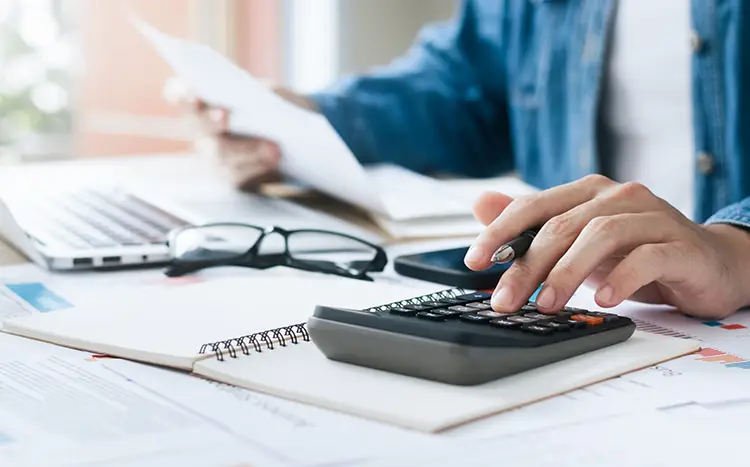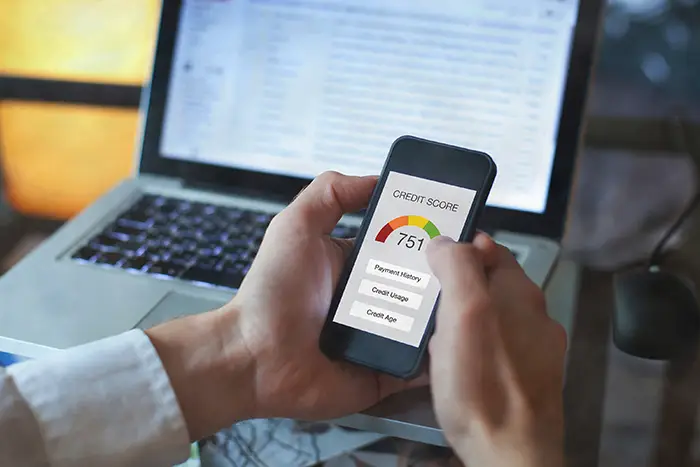How Much Money Do You Need to Buy a House?
Published on May 20, 2024 | 5 Minute read

Melanie
Ortiz Reyes
Content Specialist
Buying a home is one of the most significant financial commitments most people will ever make. With the real estate market continuously evolving, the amount of money needed to buy a home can vary widely depending on numerous factors.

The Down Payment
The down payment is the initial upfront portion of the total home purchase price that the buyer must pay. The amount required can vary significantly depending on the type of mortgage, the lender, and the buyer's financial situation. Here are some common scenarios:
- Conventional Loans: Typically, conventional loans require a down payment of 20% of the home's purchase price. However, many lenders offer conventional loans with as little as 3% to 5% down, especially for first-time homebuyers. For instance, on a $300,000 home, a 20% down payment would be $60,000, whereas a 5% down payment would be $15,000.
- FHA Loans: The Federal Housing Administration (FHA) loans are popular among first-time buyers and require a minimum down payment of 3.5%. For a $300,000 home, this would amount to $10,500.
- VA Loans: For eligible veterans and active-duty military personnel, the Department of Veterans Affairs (VA) loans offer the benefit of no down payment.
- USDA Loans: The United States Department of Agriculture (USDA) offers loans for rural and suburban homebuyers that also require no down payment.

Closing Costs
Closing costs are the fees associated with finalizing the home purchase, and they typically range from 2% to 5% of the home's purchase price. These costs can include:
- Loan Origination Fees: Charged by the lender for processing the loan application.
- Appraisal Fees: Payment for a professional appraisal to determine the home’s value.
- Title Insurance and Title Search Fees: Ensures that the title is clear of any legal issues.
- Home Inspection Fees: Cost of a professional inspection to assess the condition of the home.
- Property Taxes and Insurance: Prepaid property taxes and homeowners insurance premiums.
- Attorney Fees: Legal fees if a real estate attorney is involved.
For a $300,000 home, closing costs can range from $6,000 to $15,000. Buyers should request a Loan Estimate from their lender to get a clearer picture of the anticipated closing costs.

Mortgage Payments
The monthly mortgage payment is a significant ongoing expense and includes principal, interest, property taxes, and homeowners insurance (often abbreviated as PITI).
- Principal and Interest: The bulk of your monthly payment will go towards repaying the loan amount (principal) and the interest charged by the lender. The interest rate you receive will depend on your credit score, the loan type, and market conditions. In 2024, interest rates are expected to remain variable, so securing a fixed-rate mortgage might offer more predictability in payments.
- Property Taxes: Property taxes vary by location and are based on the assessed value of the property. In some areas, property taxes can be quite substantial, adding several hundred dollars to your monthly payment.
- Homeowners Insurance: This protects your home against potential risks and is usually required by lenders. The cost varies based on factors like location, home value, and coverage type.
Using a $300,000 home as an example, with a 30-year fixed-rate mortgage at 4% interest and a 20% down payment, the principal and interest alone would be around $1,150 per month. Adding property taxes and insurance, the total monthly payment could easily exceed $1,400 to $1,600.

Additional Costs to Consider
Beyond the major components like the down payment, closing costs, and mortgage payments, several other expenses can impact the overall cost of buying a home:
- Private Mortgage Insurance (PMI): If your down payment is less than 20%, most lenders will require PMI, which protects the lender if you default on the loan. PMI can add 0.3% to 1.5% of the original loan amount per year to your mortgage payment.
- Home Maintenance and Repairs: Homeownership comes with the responsibility of maintenance and repairs. Experts recommend budgeting 1% to 3% of the home's purchase price annually for these costs. For a $300,000 home, this could mean setting aside $3,000 to $9,000 per year.
- Utilities and Homeowners Association (HOA) Fees: Monthly utility bills (electricity, water, gas, internet) and any applicable HOA fees for community maintenance and amenities.
- Furniture and Moving Costs: These initial setup costs can add up quickly and should be factored into your budget.

Affordability Considerations
When determining how much money you need to buy a home in 2024, it’s crucial to consider your overall financial health. Here are some key tips:
- Assess Your Budget: Use the 28/36 rule, which suggests that your housing costs (including mortgage, taxes, and insurance) should not exceed 28% of your gross monthly income, and your total debt payments should not exceed 36%.
- Build an Emergency Fund: Ensure you have sufficient savings to cover at least 3-6 months of living expenses, including mortgage payments, in case of unexpected financial setbacks.
- Check Your Credit Score: A higher credit score can help you secure a lower interest rate, reducing your overall mortgage costs.
- Get Pre-Approved: Obtain a mortgage pre-approval to understand how much you can borrow and what your monthly payments will look like. This also makes you a more attractive buyer in the eyes of sellers.
Buying a home requires careful financial planning and a thorough understanding of the associated costs. By considering all these factors and planning accordingly, you can make a more informed decision and enjoy a smoother homebuying experience. Whether you're a first-time buyer or an experienced homeowner, being financially prepared will help you navigate the complex process of purchasing a home and ensure that you can comfortably afford your new investment.